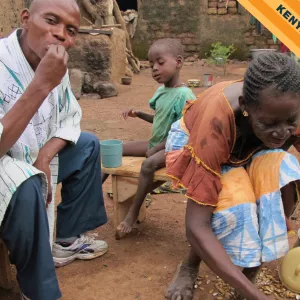Decoding the food and culture connection to promote healthier foodways in Kenya
Food and culture are inherently connected. What natural sources people use to obtain their food, what they consider consumable and what they do not, how they prepare it, and how they consume it (in whose company and following what rites) has been determined by the beliefs of communities and their conceptions of the holy and the profane, as well as

Decoding the food and culture connection to promote healthier foodways in Kenya
Food and culture are inherently connected. What natural sources people use to obtain their food, what they consider consumable and what they do not, how they prepare it, and how they consume it (in whose company and following what rites) has been determined by the beliefs of communities and their conceptions of the holy and the profane, as well as of the surrounding landscape and available resources. All this shapes local foodways. Just imagine how many different foodways you could find in a country with more than 850 species of indigenous plants, eaten by around 60 different ethnolinguistic groups, each with their own culture. This copious diversity is key for nutrition. Our scientists have been documenting these foodways to comprehend and promote them among the young people of their communities, whom modernity is distancing from the knowledge of their ancestors.

